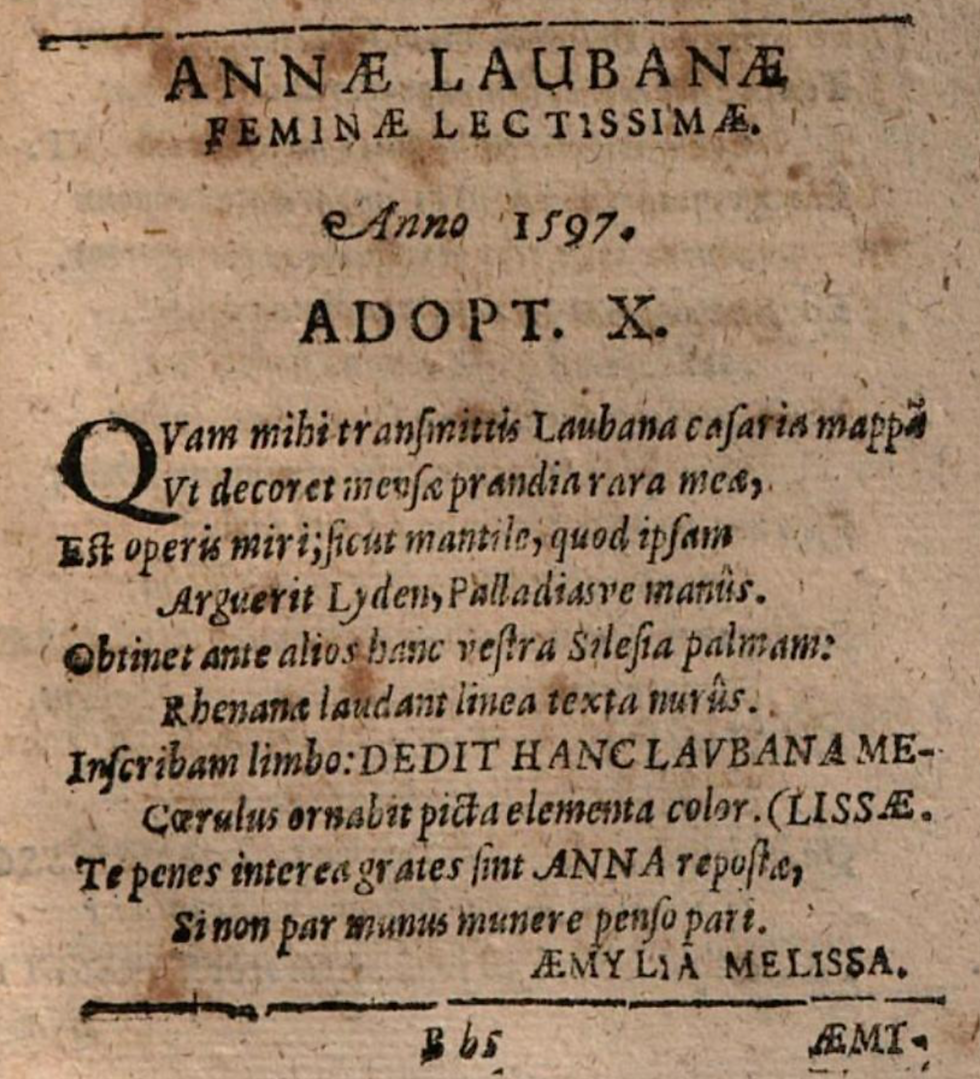Setting the Stage
- Skye Shirley

- Jan 28, 2018
- 2 min read
Updated: Jan 29, 2018
I am a language learner, Latin teacher, and writer with a passion for
illuminating ways that ancient history and “dead” languages help us
ask big questions of modern life. My vision for this blog is to share
what best practices in language teaching I will be using as I explore
the genre of Roman comedy.
As a Latin teacher, I try hard to stay current with research into
language acquisition and infuse each lesson with activities shown to
improve language fluency. I want students to do more than know Latin;
I want them to know how to teach themselves languages as effectively
as possible. Learning happens not with charts and flashcards but with
communication and color, risk-taking and wonder. The strategies I use
to teach can dovetail with other subjects, from science labs to
history classes and more. I promote these strategies at conferences,
defend them over enthusiastic debates with my fellow teachers, and
read voraciously about how our brains learn best.
Yet so often, when the student in front of me is myself, I quickly
return to the least demanding and most traditional methods for
language learning, and under-employ the strategies that I have seen
work with my students because I, too, have a deep attachment to
tradition (isn't that one thing that drew me to Classics in the first
place?). Instead of pre-reading, I sometimes just try to wing it by
reading a text out of context. Instead of staying in Latin using the
various Latin-Latin thesauri that are indispensable to me as a
teacher, I'll reach for a Latin-English dictionary. Most commonly, I
shortcut around the creativity and warmth that I pour into my favorite
lesson plans. Aren’t I deserving of the same standards as my
students?
Well, I'm ready to change that. As I finish my final term in my
Master's in Latin at UMass Boston, I close with a course on Roman
Comedy. This spring, I'll read one play from each major author:
Amphitryo by Plautus, and Hecyra by Terence. Each week, I'll reflect
a bit on the experience of teaching and learning from such
assignments, with an invitation for any of you, my readers, to join me
in reading, sharing, and participating in the next week's assignment.





lovely website! i'de say this is a 10/10 independent study
Hey! This post is amazing, and perfect.
-Matthew Salzman